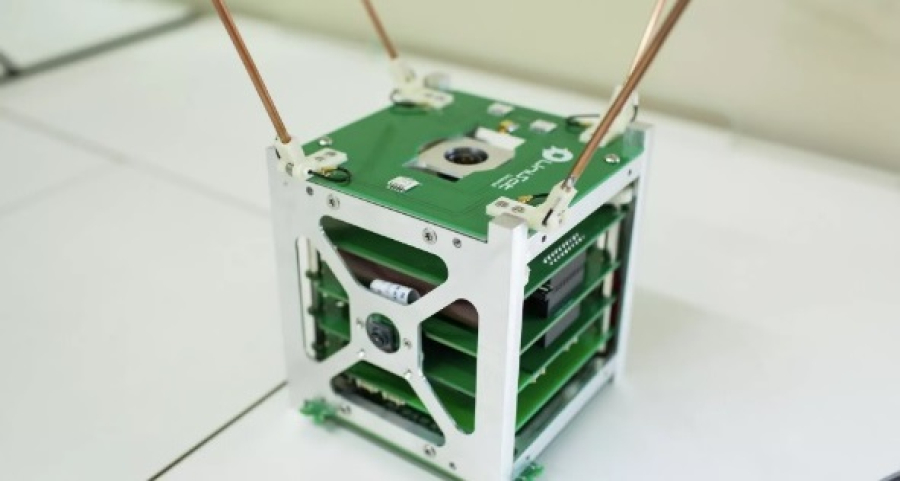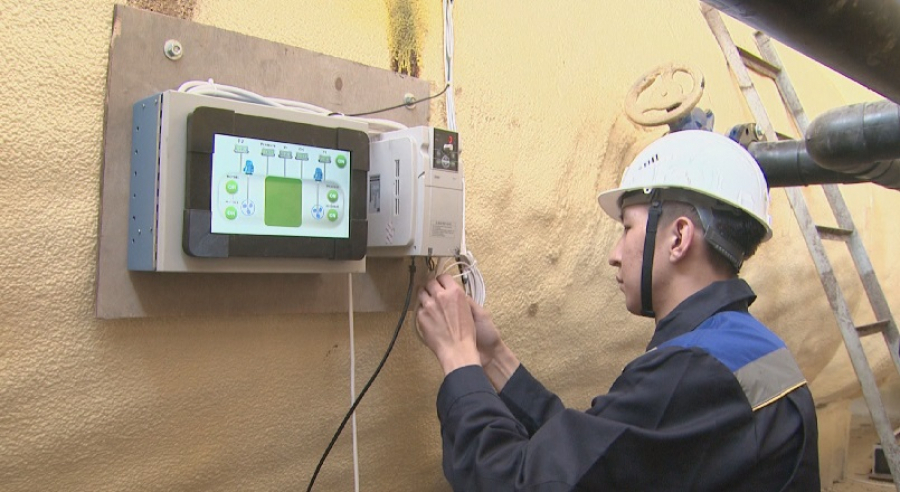
Kazakh scientists made a global sensation with a project they developed presenting an electronic walking cane and special sidewalks for the blind. The know-how invented by Galimzhan Gabdreshov enables blind or visually impaired people to navigate space freely and, moreover, move around independently, both indoors and outdoors. The innovative smart cane has a special mechanism mounted on it that reads radio frequency identification (RFID) tags embedded in asphalt, the floor tiles or other surface.
“The system helps users navigate by telling where to turn right, turn left, keep going or move backwards. The stick also alerts you if you are facing obstacles or reaching your destination, for example, bus stops and other objects. We came up with the idea to make it by attaching a receiver to a walking stick. This is a prototype. The production-ready design will be lightweight. Besides that, the tip of the device detects nearby obstacles and vibrates to inform the user avoid them,” the inventor explained.
Magnetic sensors of the device are moisture-resistant and can withstand any changes in temperature. And unlike tenji blocks, RFID sidewalks can last for several decades. Moreover, they are much cheaper. China and the United States have already generated interest in the innovative development that can make life of blind people easier. A contract has already been signed with the U.S. In the near future, the scientist’s invention will appear in Texas, Massachusetts and 46 schools for blind children in other states of America.
“There is a large school for the blind and visually impaired in Texas. We are planning to equip the whole city, or at least put these sidewalks on the main street. We want to make blind people feel comfortable from an early age and go freely where they want, for instance, to afterschool clubs. It is a pleasure to work with the workforce located there, and this is the most important thing for me, because I know I’m not alone and we can improve this together. They give me some interesting ideas that could make this invention even more better and convenient,” Gabdreshov added.
The parts of the device are already being manufactured in test mode in Guangzhou. The team of developers there has a virtual engineering office that allows programming the entire production cycle from any part of the world. So far, the process of assembling microchips and embedding sensors in the cane is carried out only in Kazakhstan.









